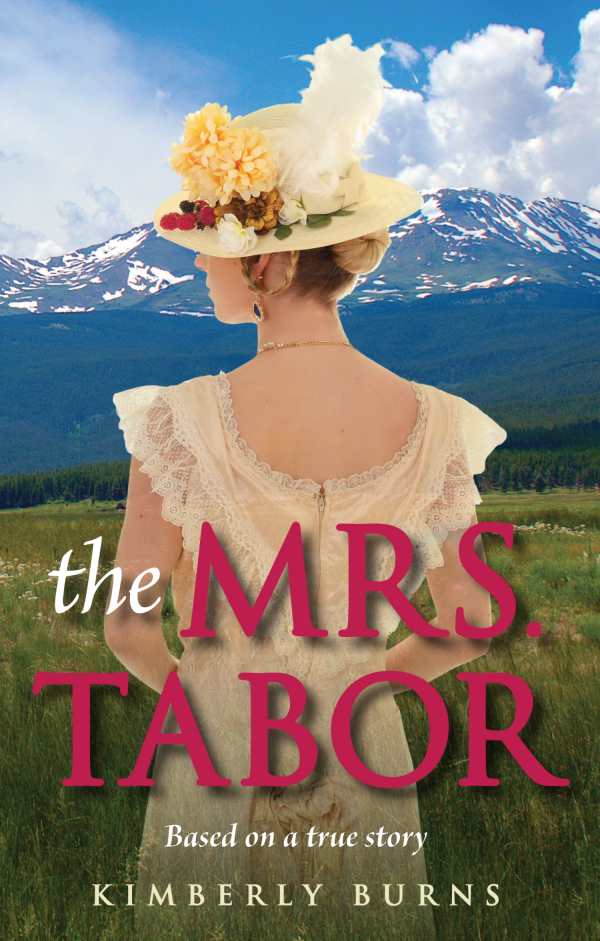The Mrs. Tabor
- 2021 INDIES Finalist
- Finalist, Historical (Adult Fiction)
The Mrs. Tabor is a rich historical saga in which a vulnerable but brazen woman becomes a legend of the West.
Kimberly Burns’s historical novel The Mrs. Tabor focuses on the dramatic shifts in fortune experienced by the colorful wife of a silver magnate.
Here, the story of the woman known as Baby Doe is told via spliced timelines that track her social rise. She ended up destitute in her eighties; but, before her life ended in a freezing mining cabin in the 1930s, she was an opportunist armed with “good looks and a barrel of gumption.” The book is brisk about relating Baby Doe’s early circumstances, including her first marriage, her work alongside Cornish miners, and her failure to strike gold. She comes across as both vulnerable and courageous as she enters into romantic but dependent relationships, longing for an easier life.
Baby Doe is a pragmatic lead who meditates on the limited options available to women in the nineteenth-century American West well. She meets women in a brothel and expresses appreciation for their survival instincts; she proves open to veering from social norms. This foreshadows her enticement of her second husband, Horace, a lieutenant governor and a scion of the Colorado Silver Boom; she plans their introduction down to its minute details.
With Horace, Baby Doe transforms; she is finally able to bask in the opulence she’s always dreamed of. And her love for Horace is genuine; she keeps her pride and hides her pain as dogged journalists track rumors of her extravagance. Her desire to make herself indispensable to Horace, and her perennial fear of being poor, are sources of intrigue.
Baby Doe is also a witness to history and culture; she sees the rags-to-riches film Silver Dollar, and notes her silver screen counterpart’s losses. The contrasts between that fantasy and Baby Doe’s reality are poignant. Elsewhere, the construction of Horace’s opera house is covered in sumptuous detail, as are Baby Doe’s wardrobe and the Tabors’ social experiences among the judgmental nouveau riche. Colorado’s mining bonanza is covered in more generalized terms, though, as is Horace’s humble start and divorce. The Panic of 1893 alters the couple’s course, moving the book toward wrenching, if familiar, closing affirmations: of the couple’s love for each other, despite the hardships they face; and of Baby Doe’s determination to keep her dreams alive.
Faithful to the true story on which it is based, The Mrs. Tabor is a rich historical saga in which a vulnerable but brazen woman becomes a legend of the West.
Reviewed by
Karen Rigby
Disclosure: This article is not an endorsement, but a review. The publisher of this book provided free copies of the book and paid a small fee to have their book reviewed by a professional reviewer. Foreword Reviews and Clarion Reviews make no guarantee that the publisher will receive a positive review. Foreword Magazine, Inc. is disclosing this in accordance with the Federal Trade Commission’s 16 CFR, Part 255.

